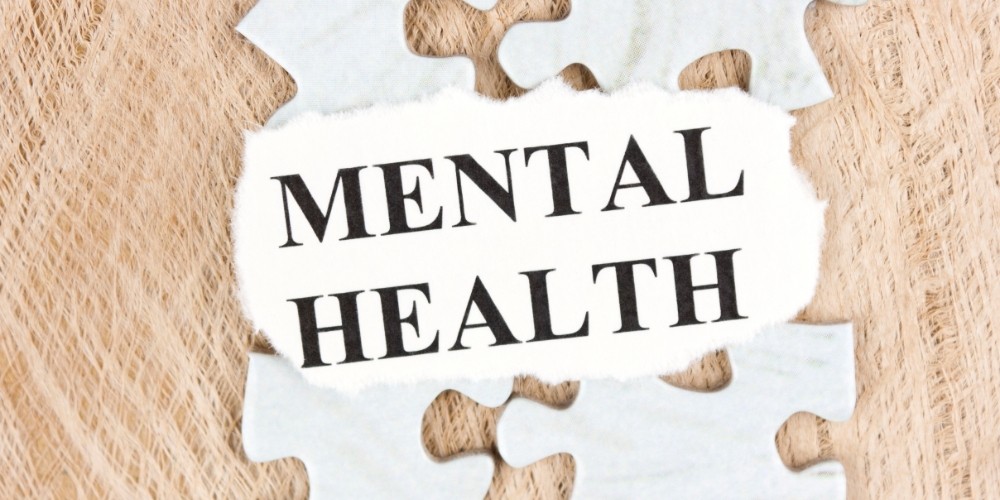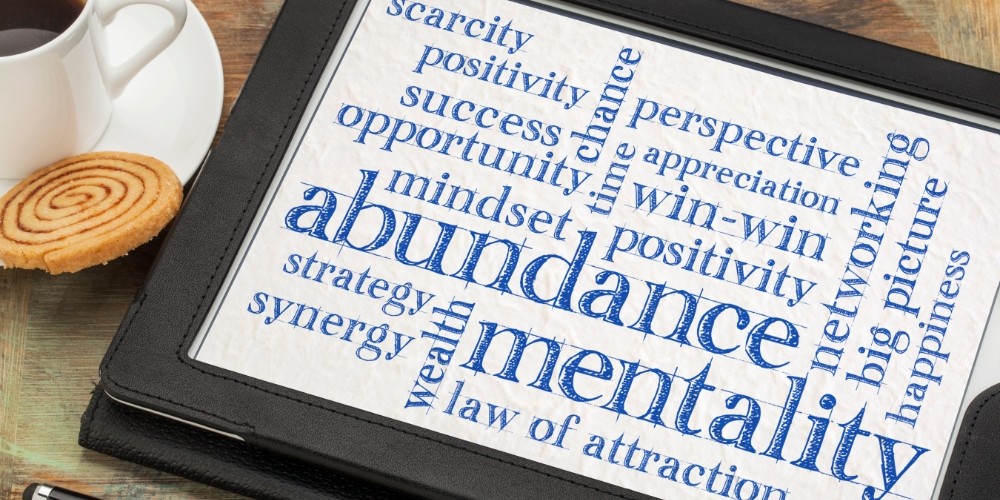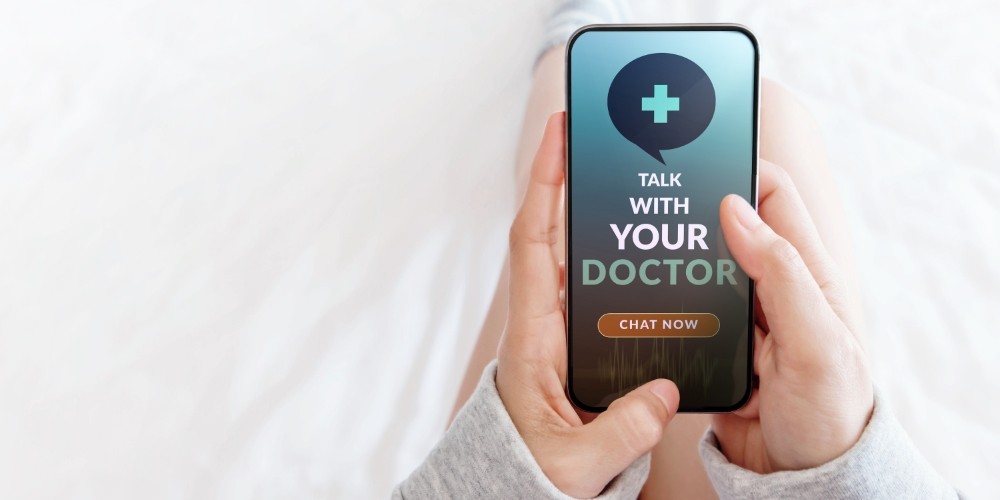Mental Health Apps: Do They Really Work?
Jan-12-2024

In the last decade, mental health apps have surged in popularity, aiming to provide accessible support for individuals struggling with a range of psychological conditions. These digital tools promise to offer guidance, therapeutic exercises, and even a semblance of companionship to users seeking help. However, amidst their growing ubiquity, a crucial question emerges: do mental health apps truly work? This article delves deep into the effectiveness, benefits, and limitations of these digital mental health solutions, providing a comprehensive understanding for those contemplating their use.
Understanding Mental Health Apps
Mental health apps are mobile applications designed to offer psychological support and resources. They range from mindfulness and meditation apps, such as Headspace and Calm, to more structured therapy-based applications like Talkspace and BetterHelp, which connect users with licensed therapists. There are also apps focused on specific issues, including depression, anxiety, addiction, and PTSD, offering tailored strategies and exercises to manage these conditions.
The Promise of Accessibility and Convenience

One of the most touted advantages of mental health apps is their ability to make support more accessible. Traditional therapy can be cost-prohibitive and challenging to fit into busy schedules. Moreover, societal stigma still attached to seeking mental health care can deter people from reaching out for help. Apps offer a private and convenient way to access support, breaking down barriers to care.
The Effectiveness of Mental Health Apps: What Research Says
Several studies have examined the efficacy of mental health apps, yielding mixed results. A review in the Journal of Affective Disorders found that apps designed for depression and anxiety could be effective, particularly when they employ evidence-based strategies like cognitive-behavioral therapy (CBT). However, the research also highlighted a wide variance in app quality and effectiveness, emphasizing the importance of choosing apps based on sound psychological principles.

Another study published in the World Psychiatry journal indicates that while mental health apps have potential, their effectiveness is often comparable to minimal intervention or basic psychoeducational content. This suggests that while apps can be beneficial, they might not substitute for more intensive, personalized care provided by mental health professionals.
Benefits of Using Mental Health Apps
- Increased Accessibility: Apps can reach individuals in remote or underserved areas, offering support to those who might otherwise lack access to mental health services.
- Convenience: The ability to use these apps at any time and place allows for flexibility in managing one's mental health according to personal schedules.
- Anonymity: Users can seek help without fear of stigma, providing a level of privacy that might not be possible in traditional therapy settings.
- Self-Empowerment: Many apps provide tools and knowledge that encourage users to take active roles in their mental health care.
Limitations and Considerations
Despite their advantages, mental health apps are not without limitations. The digital health market is burgeoning, yet the regulatory framework has struggled to keep pace. This means not all apps are created equal, and some may lack clinical validation.
Another issue is the potential for over-reliance on these digital tools. While they can offer valuable support, they should not replace professional care, especially for individuals with severe or complex mental health conditions. The impersonal nature of app-based interventions might also miss critical factors in a person’s mental health, such as non-verbal cues and environmental factors that a therapist could identify in person.
Choosing the Right Mental Health App

Given the vast array of available apps, selecting one that meets your needs can be challenging.
- Look for Evidence-Based Practices: Choose apps that use proven therapeutic techniques such as CBT, mindfulness, or exposure therapy.
- Check for Clinical Validation: Seek out apps that have been developed in collaboration with mental health professionals or organizations and have evidence of clinical testing or research backing their effectiveness.
- Read Reviews and Ratings: User feedback can provide insights into the app’s usability and helpfulness, although it’s important to remember that individual experiences can vary.
- Privacy and Security: Ensure the app has clear policies regarding data storage, encryption, and sharing to protect your sensitive information.
A Complementary Tool, Not a Replacement
It is important to view mental health apps as complementary tools rather than standalone solutions. They can offer valuable support, from providing educational content and stress management techniques to helping track mood and thoughts. However, for more profound issues or mental illnesses, these apps should be used in conjunction with, rather than as a replacement for, professional mental health care.
Conclusion
Mental health apps hold promise as accessible tools for support and self-management. While they have demonstrated efficacy in certain areas, particularly for mild to moderate depression and anxiety, their effectiveness is not universal. As the digital health field continues to evolve, consumers must approach these apps with discernment, choosing those based on evidence-based practices and using them as part of a broader mental health strategy. Ultimately, the most effective approach to mental health incorporates a blend of digital tools, professional guidance, and personal resilience.







